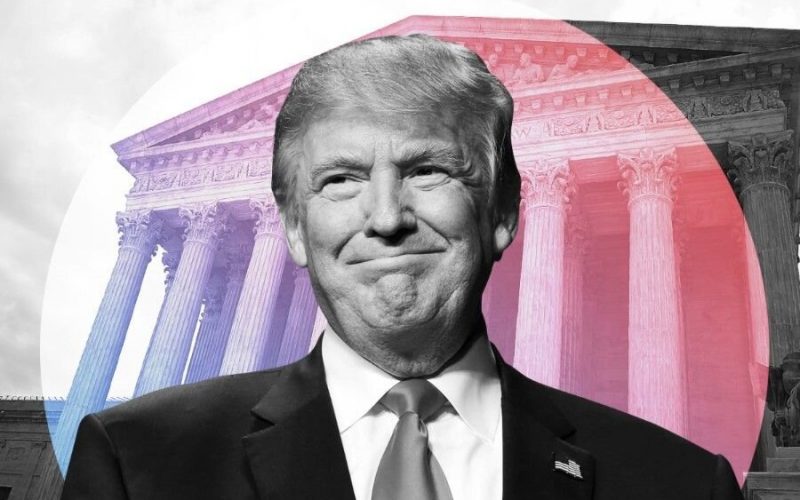Today, the U.S. Supreme Court is set to listen to arguments in a case that may have significant implications for the prosecution of numerous defendants involved in the events of January 6, including former President Donald Trump.
Former police officer Joseph Fischer faces charges, including obstruction of an official proceeding, related to the Capitol breach.
Initially, a district court judge dismissed that charge, but a panel of the D.C. Circuit Court of Appeals later overturned the ruling. Now, the Supreme Court will consider whether the appeals court made a mistake in that reversal.
The case hinges on a 2002 law concerning “tampering with a witness, victim, or an informant” that was passed in response to the Enron accounting scandal.
The law, 18 U.S. Code § 1512 (c)(2), builds upon a section that prohibits tampering with documents, records, or objects to hinder their use in an official proceeding.
The specific provision Fischer faces charges under expands this prohibition to include anyone who “otherwise obstructs, influences, or impedes any official proceeding, or attempts to do so.”
Mr. Fischer’s legal team, along with District Judge Carl Nichols, argue that the law is linked to its previous provision and only applies to obstruction related to documents and records. However, the government and the appellate court contend that the term “otherwise” encompasses all other types of obstruction.
“The district court held that the statute does not apply to assaultive conduct, committed in furtherance of an attempt to stop Congress from performing a constitutionally required duty. We disagree and reverse,” the appellate court held.
Several legal experts have forecasted that the court will rule in Fischer’s favor due to the wide-ranging ramifications of supporting the government’s position.
Jim Burling, vice president of legal affairs for Pacific Legal Foundation, is among those who argue that the Justice Department favors the law as “a free-floating provision where anybody who otherwise obstructs any official proceeding or attempts to do so can be subject to 20 years [in prison].”
But the law’s application here, Mr. Burling claimed, is “utterly absurd.”
The hearing takes place about a week before the High Court is scheduled to hear the former president’s appeal regarding immunity on April 25th.
Share your thoughts by scrolling down to leave a comment.

